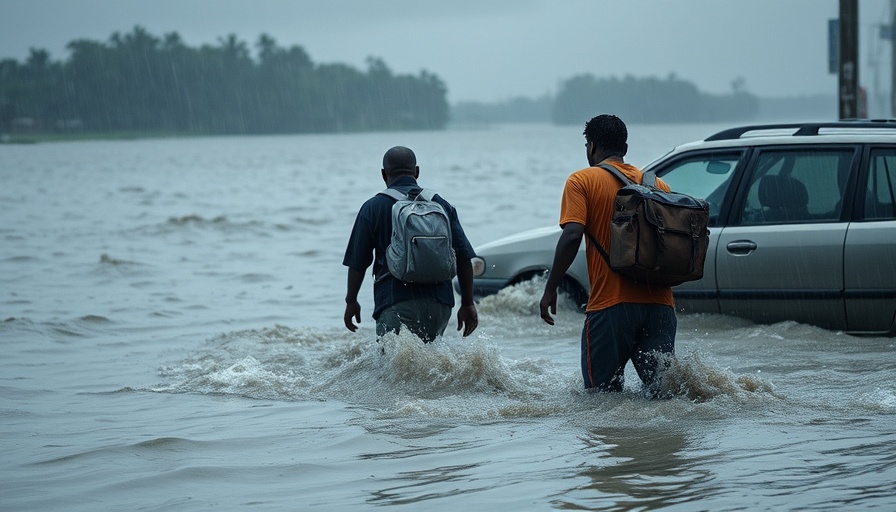
Why the International Seabed Authority is Central to Global Governance
The International Seabed Authority (ISA), celebrating its 30th anniversary this year, has emerged as a pivotal institution in the regulation of oceanic mineral resources. With 54% of the world's oceans under its purview, the ISA operates under the premise of equality and shared benefit, seeking to balance mineral extraction interests with environmental sustainability.
Challenges Facing Deep-Sea Mining
As countries and corporations scramble for rare earth minerals that lie in the seabed, the ISA's mandate is more crucial than ever. These minerals, which power technologies from smartphones to electric vehicles, are often found in delicate underwater ecosystems that are vulnerable to exploitation. The Authority’s role in enforcing responsible management becomes a cornerstone in preserving the marine environment while addressing growing economic pressures.
A Future Vision for Marine Conservation
Given that deep-sea mining could significantly impact biodiversity, the ISA’s commitments include the establishment of biobanks to preserve genetic material from marine species. This aspect is not only paramount for ecological integrity but also reflects a proactive step toward mitigating future ecological crises. Policymakers and investors can glean significant insights into how these actions align with the broader objectives of the 2030 Agenda for Sustainable Development, providing an actionable framework for future investment.
Global Implications and Africa's Role
For African nations, the stakes are especially high as developments regarding seabed mining may directly affect regional economies and environmental policies. An understanding of the ISA's operations could inform strategies for maximizing economic gains while ensuring environmental protection. The nexus of global trade and local governance will become increasingly relevant as these trends unfold. Emerging partnerships with countries like China and EU relations could redefine how African economies interact on the international stage, especially in the context of geopolitical shifts.
Conclusion: An Call to Action for Stakeholders
The ongoing discourse surrounding the ISA is essential for shaping the future of ocean governance, particularly for African nations that often stand at the crossroads of economic opportunity and environmental sustainability. Stakeholders, including business leaders and policymakers, must engage robustly with these frameworks to ensure that the collective aspirations of the continent align with global developments. Understanding the dynamics at play within the ISA will not only empower local actors but catalyze a future-oriented approach towards sustainable ocean governance.
 Add Row
Add Row  Add
Add 


Write A Comment